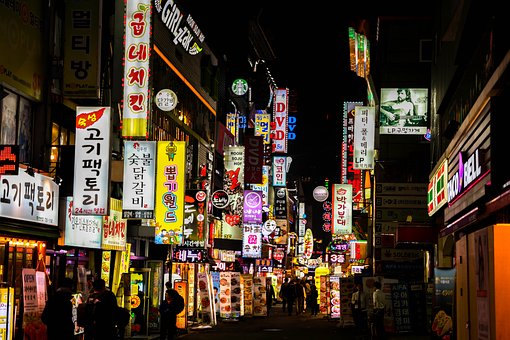Is learning Korean a waste of time?
Korean, South Korean-hangugeo; North Korean: chosŏnmal, is the language of the Korean peninsula in northeast Asia. It is believed that the ancestors of the Korean people arrived in the Korean peninsula and in Manchuria around 4,000 BC. They displaced or assimilated the earlier Paleosiberian-speaking settlers. Many small Korean tribal states were established in these locations between the 1st century BC and the 1st century AD.
There are many theories about the origin and affiliation of the Korean language. What makes Korean linguistic affiliation very difficult to establish is its long history of contact with Chinese and Japanese. According to the so-called Southern theory, Korean belongs to the Austronesian language family. However, according to the Northern theory, supported by a number of linguists, Korean is a member of the Altaic language family. At the same time, some linguists point to some similarities between Korean and Japanese, suggesting that it might belong in the Japonic group of languages. With the issue of the affiliation of Korean being unresolved, many sources classify it as a language isolate.
There are 48.5 million speakers of Korean in the Republic of Korea (South Korea) and another 23.3 million in the Democratic People’s Republic of Korea (North Korea). In addition, Korean is spoken by some 2.7 million people in Chinese provinces bordering North Korea. Korean speakers are also found in large numbers in Japan and Russia, the U.S., Singapore, Thailand, and many other countries throughout the world. The total number of Korean speakers worldwide is estimated to be around 77.2 million (Ethnologue).







